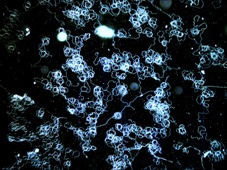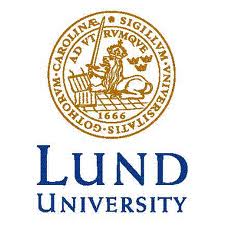Genotype-by-environment effects on sperm traits

Drosophila sperm are around 1.8 mm long, and therefore easy to see under the microscope.
We have manipulated protein availability in the diet (via the addition or removal of yeast) in order to determine how protein deficiency/excess affects sperm traits such as morphology, viability, and metabolism. For this project we use a set of sequenced inbred lines from the Drosophila Genetic Reference Panel. We found that both increased and decreased yeast had a negative effect on male fitness, caused decreased sperm length, and increased developmental time. There is, however, considerable variation among lines. In general, lines with trait values more conducive to male fitness also showed increased phenotypic robustness, i.e. decreased plasticity across environments. We are currently carrying out an analysis of male fertility and SNPs (single nucleotide polymorphisms) associated with the traits we have measured.
Students: Katrine Lund-Hansen
Collaborators: Klaus Reinhardt, University of Tübingen, and Ted Morrow, University of Sussex
